July 24, 2025 – Meditation Retreat, Beginning of Summer Retreat
Hello. Starting tomorrow, Sunim will begin a seven-day summer retreat. Most Jungto Society volunteers will also pause their activities to focus entirely on their practice during this period.
After completing morning practice and meditation, Sunim headed to the Peace Foundation. At 7 AM, he began his day with a breakfast meeting with North Korea experts.

After reviewing North Korea’s price trends, they had extensive discussions about the living conditions of North Korean residents and the need for humanitarian aid. They also talked about the diplomatic and security challenges that South Korea must address, including the role South Korea should play in resolving relations between North Korea and the United States.
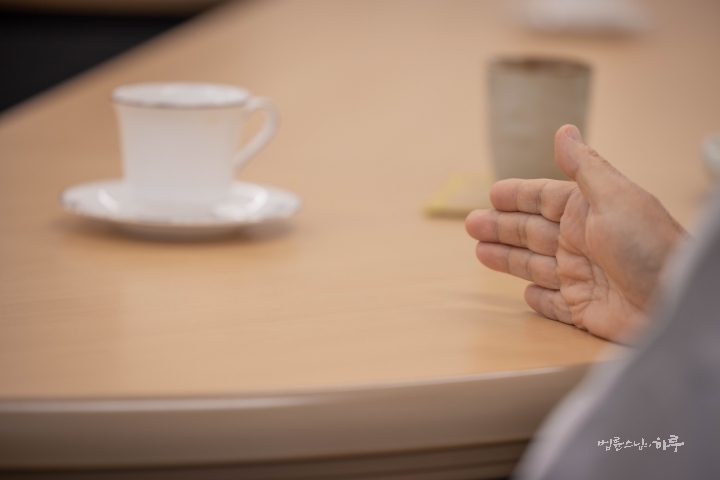
After the North Korea experts departed, at 9:30 AM, the International Cooperation Team and the Secretariat held a meeting about the second half of the year’s schedule. They coordinated details about the overseas lecture tour covering Western North America, Australia, Europe, and Eastern North America, as well as visits to Southeast Asia and Bhutan, before concluding the meeting.
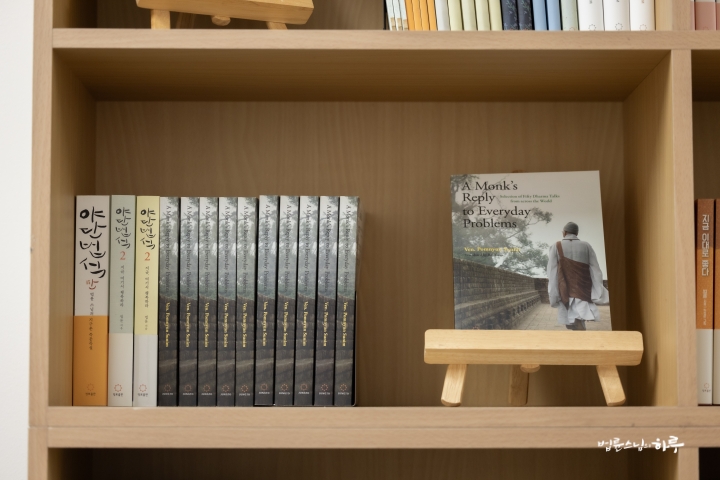
After completing all pre-retreat schedules with the Secretariat meeting, Sunim departed Seoul at 10 AM for Dubuk Jungto Retreat Center.

After a four-hour drive, he arrived at Dubuk Jungto Retreat Center at 2 PM. Upon arrival, he received a report from the JTS representative about the current status of support for Syria and Myanmar, then discussed future activities including Myanmar refugee protection, construction of a girls’ dormitory in Cambodia, and North Korea support projects. After touring Dubuk Farm, he offered words of encouragement to Dharma Teacher Myodang, who was staying alone at Dubuk Jungto Retreat Center. After dinner, he departed for Mungyeong Jungto Retreat Center.
After arriving at Mungyeong Jungto Retreat Center, he reviewed the meditation retreat program starting tomorrow and worked on manuscript editing before retiring for the night.
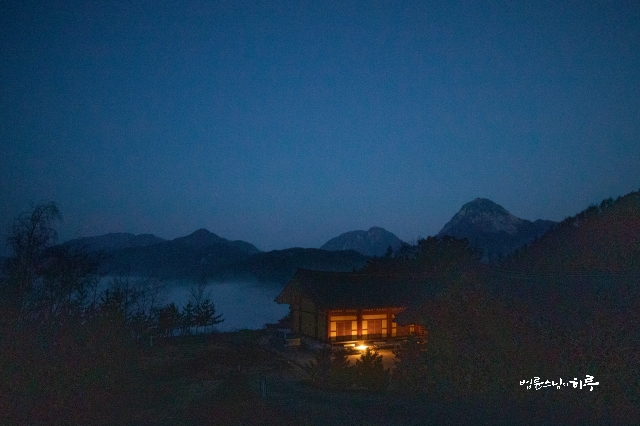
Since there was no Dharma talk today, I’ll share a conversation between Sunim and a questioner from the Happy Dialogue lecture in Daejeon two days ago.
Expressing Emotions Makes People Uncomfortable. Am I Doing Something Wrong?
“It seems you want to possess all the good qualities. You’re saying you want to gather all the good points from different people. Just live as you are. It would be wonderful if I could sing well. Then I wouldn’t need to invite a singer separately for lectures. How nice it would be if I could beautifully sing a song myself before starting the lecture?” (Laughter)
“Actually, when I ask this kind of question, I roughly expected what you would say.”
“There, you just did it again. If you don’t want to be that kind of person, you should hold back even when you want to say something. You say everything you want to say clearly, then think to yourself ‘I shouldn’t do this,’ so it’s better to just live as you are.” (Laughter)
Wearing your heart on your sleeve actually mean you have a bad temper. It means you pour out all your emotions. When we say don’t reveal everything inside, it doesn’t mean don’t express your opinions, but rather don’t expose your emotions directly. When you reveal all your emotions, it makes others uncomfortable. This can lead to conflicts or criticism. That’s why sometimes you need to control your emotions. We say things like ‘Hold back when angry or when you want to speak impulsively.’ But when you suppress emotions, psychological repression occurs. Your chest feels tight, and if you can’t bear it, you might explode and emotions might burst out intensely.
Enduring is not practice. Ethically and morally, enduring is considered good, and Confucianism taught a lot about endurance. However, Buddhism doesn’t tell you to endure. It tells you to be aware of your emotions. When you just said ‘I expected what kind of answer you would give to this question,’ you should simply be aware, ‘Ah, I want to say this.’ Don’t actually say it. If you want to speak but forcibly suppress it, psychological repression occurs. But if you’re aware ‘I’m feeling this emotion now,’ there’s no suppression. If you forcibly suppress anger, your chest feels tight, but if you’re aware ‘I’m getting angry now,’ it’s much less painful. This is called ‘awareness.’ Being aware and not acting on it—that’s practice. You recognize it internally but don’t express it externally. The difference from enduring is that awareness doesn’t suppress yourself, so there’s no stress.”
“I only become aware after I’ve already spoken.”
“Being aware even after speaking is better than not being aware at all. Someone who can’t be aware at all would say ‘I never said that!’ when asked ‘Why did you get angry?’ But if you can later acknowledge ‘Ah, I got angry, I’m sorry,’ that’s ‘repentance.’ If you’re aware beforehand, you don’t need to express emotions outwardly, and if you’re aware afterward, you can apologize gracefully.
And it’s okay to express emotions. However, if you say ‘How could you say such a thing?’ the other person feels attacked and resistance or conflict arises. On the other hand, if you say ‘Hearing your words made me feel a bit uncomfortable,’ you’re not criticizing the other person but informing them of your state. This kind of expression doesn’t cause mutual discomfort. It’s like saying ‘It’s cold today.’ You’re simply saying your mind feels uncomfortable right now.
For example, if someone says ‘Sunim, why do you give Dharma talks like that?’ I wouldn’t feel good either. But if they say ‘I felt uncomfortable listening to your Dharma talk today,’ I have nothing to refute. If they say their mind felt uncomfortable, what can I do? Then I’ll be more careful in the future. ‘Ah, speaking this way makes that person uncomfortable.’ I can learn from this.
So you shouldn’t try to beautify yourself by saying ‘I wear my heart on my sleeve.’ When others say that, you should be able to speak directly: ‘Thank you for telling me. In the end, you’re saying I have a bad temper, right?'”
“Sunim, I don’t have a bad temper.”
“Revealing everything inside is what we call having a bad temper. Can you live your whole life saying everything that’s on your mind? Usually people don’t. But some people do. We usually call such people ‘bad-tempered.'”
“But I don’t get angry.”
“That might be your misconception. You can quickly find out by asking someone who lives with you.”
“I really don’t get angry.”
“Then that’s fortunate. If you don’t get angry, that’s fine. Then even if you reveal everything according to your nature, no big problems arise. You don’t even get angry, so what made you uncomfortable enough to ask this question? Problems arise when you get angry, but if you don’t get angry, it’s fine.”
“Do people know all my thoughts because I speak so openly?”
“So what if they know?”
“I want to keep some things private.”
“What did you do wrong that you want to hide?”
“There are people who are composed without revealing their inner thoughts. I want to become that kind of person too.”
“You see others’ strengths and want to have them all. But you can’t have everything. Everyone is different, so how could you possess it all?”
“Yes, I’ll live as I am. Thank you.”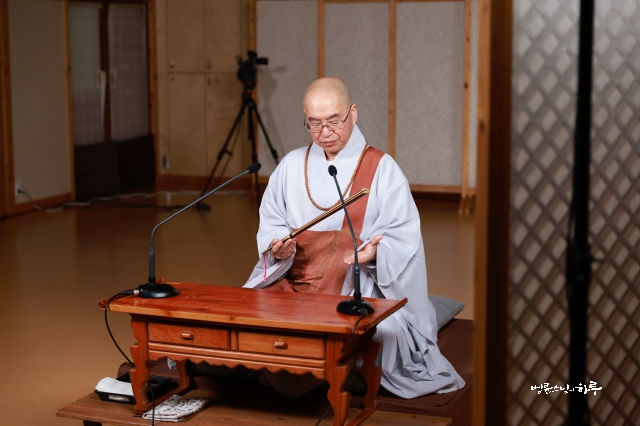
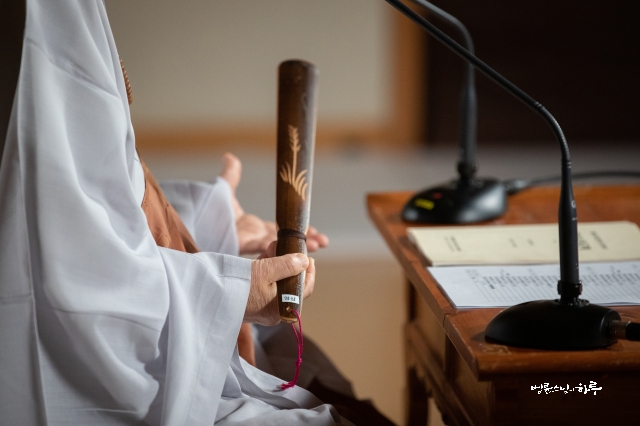
Publication Break Notice





